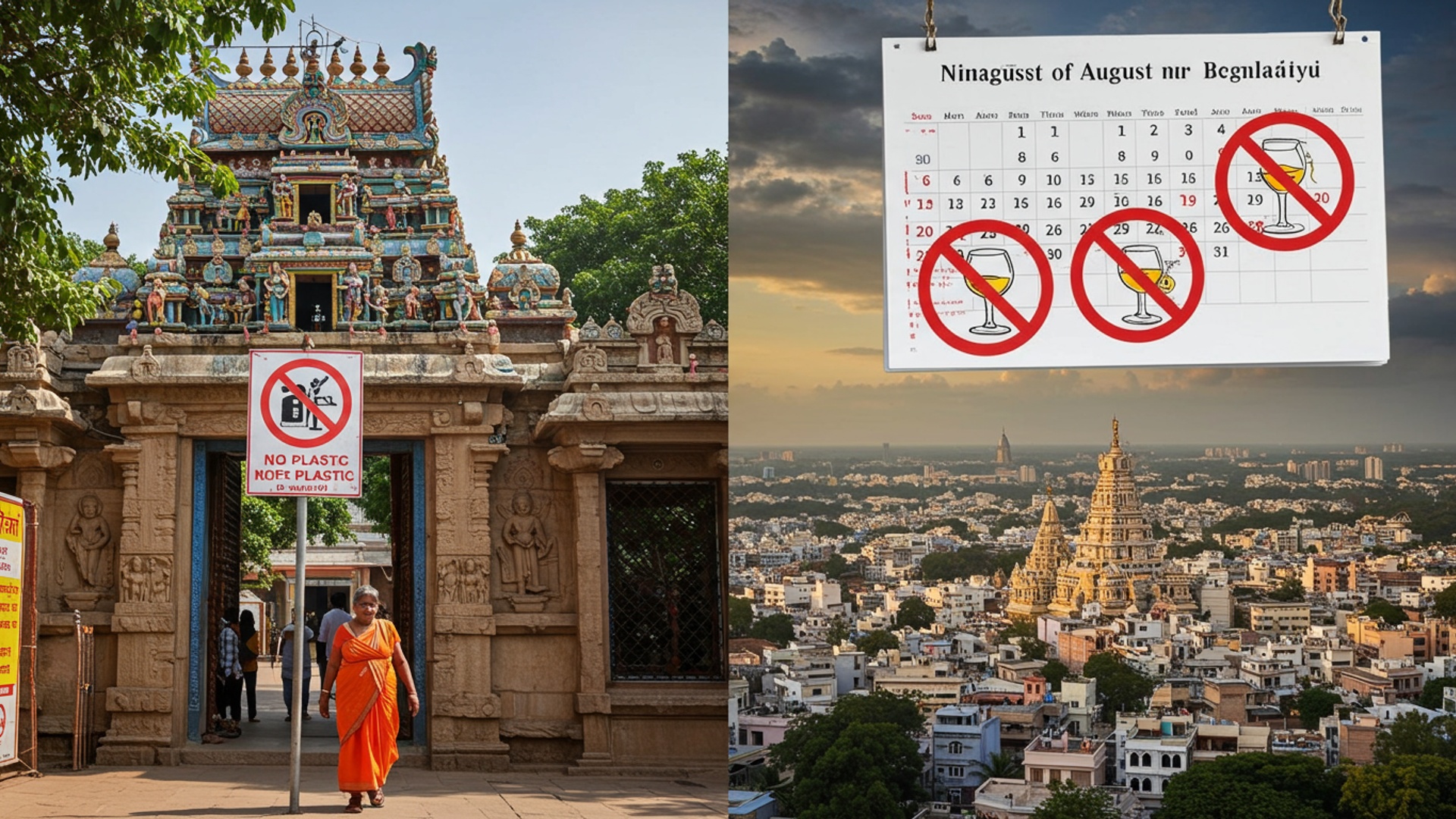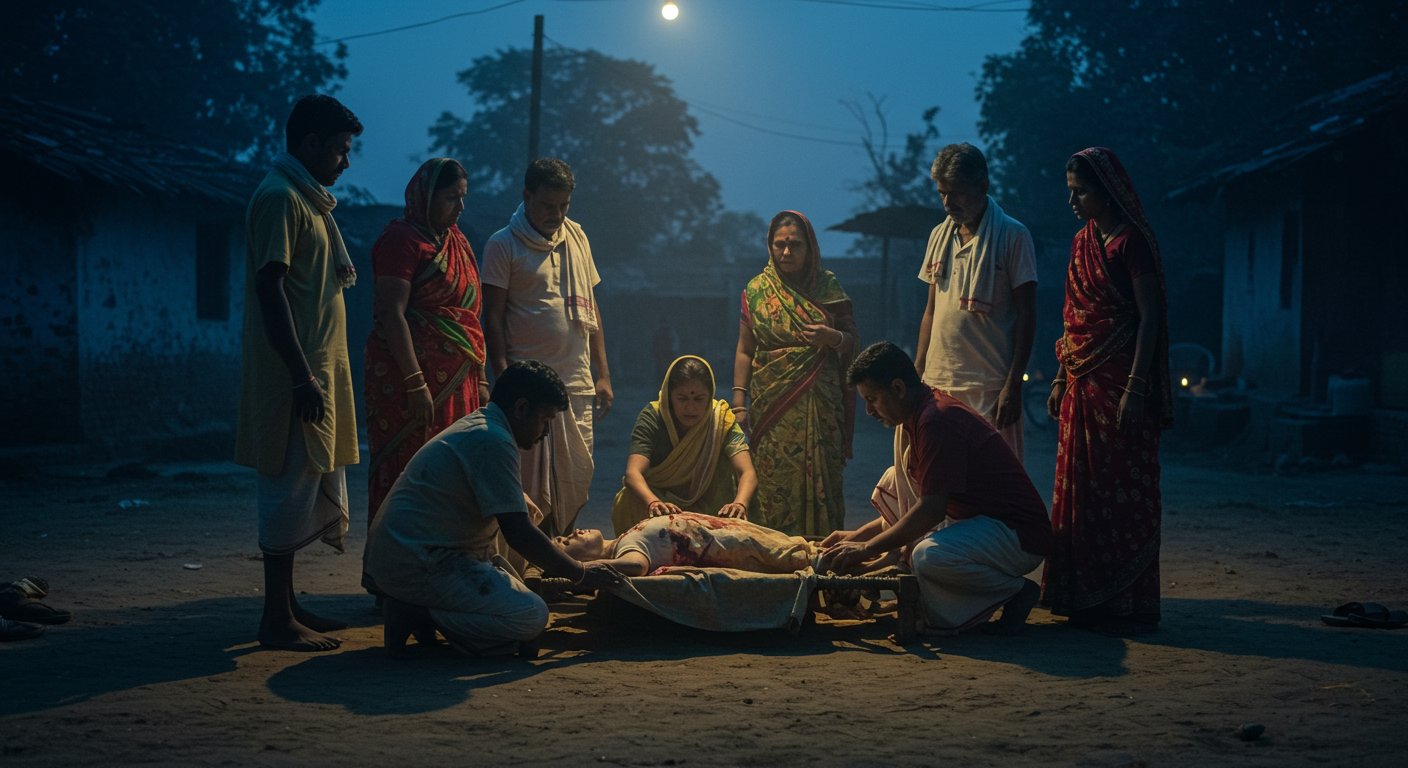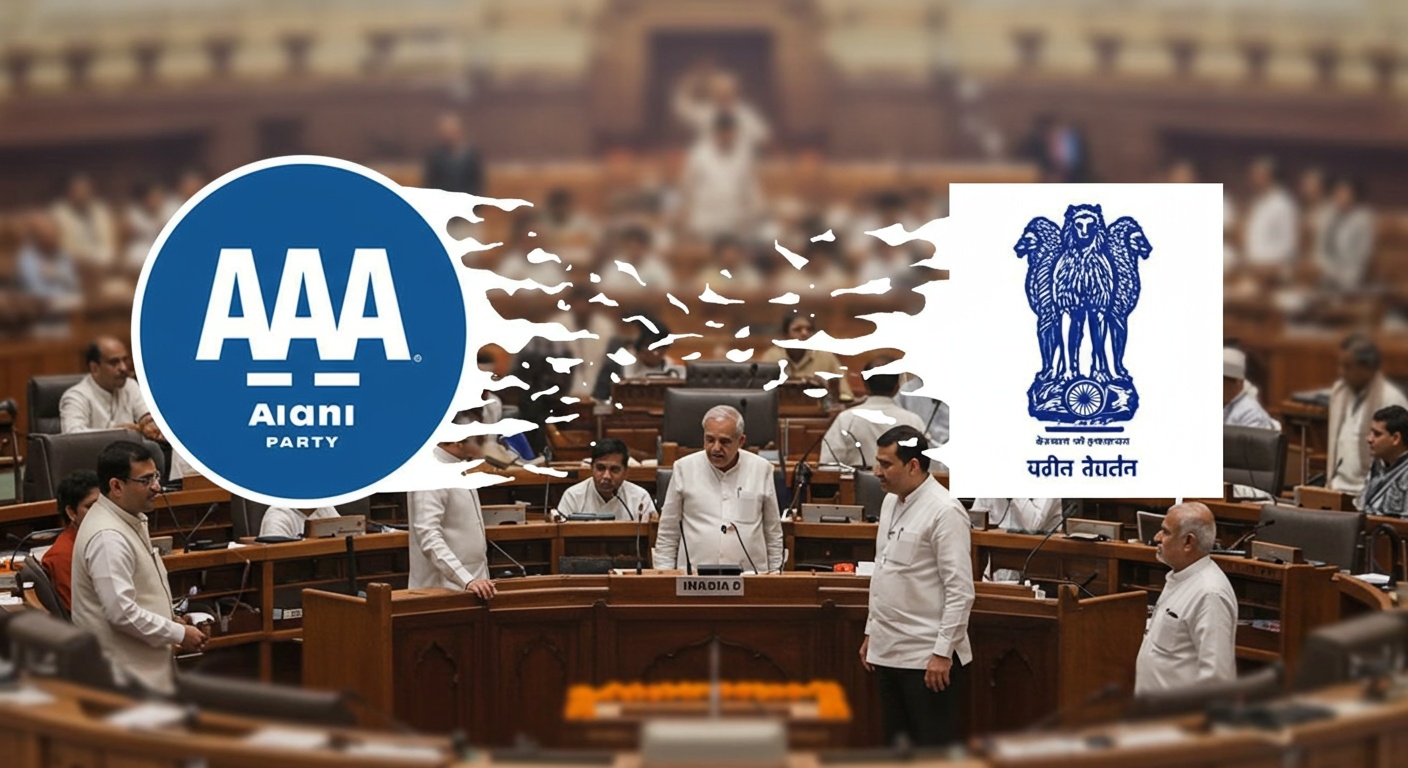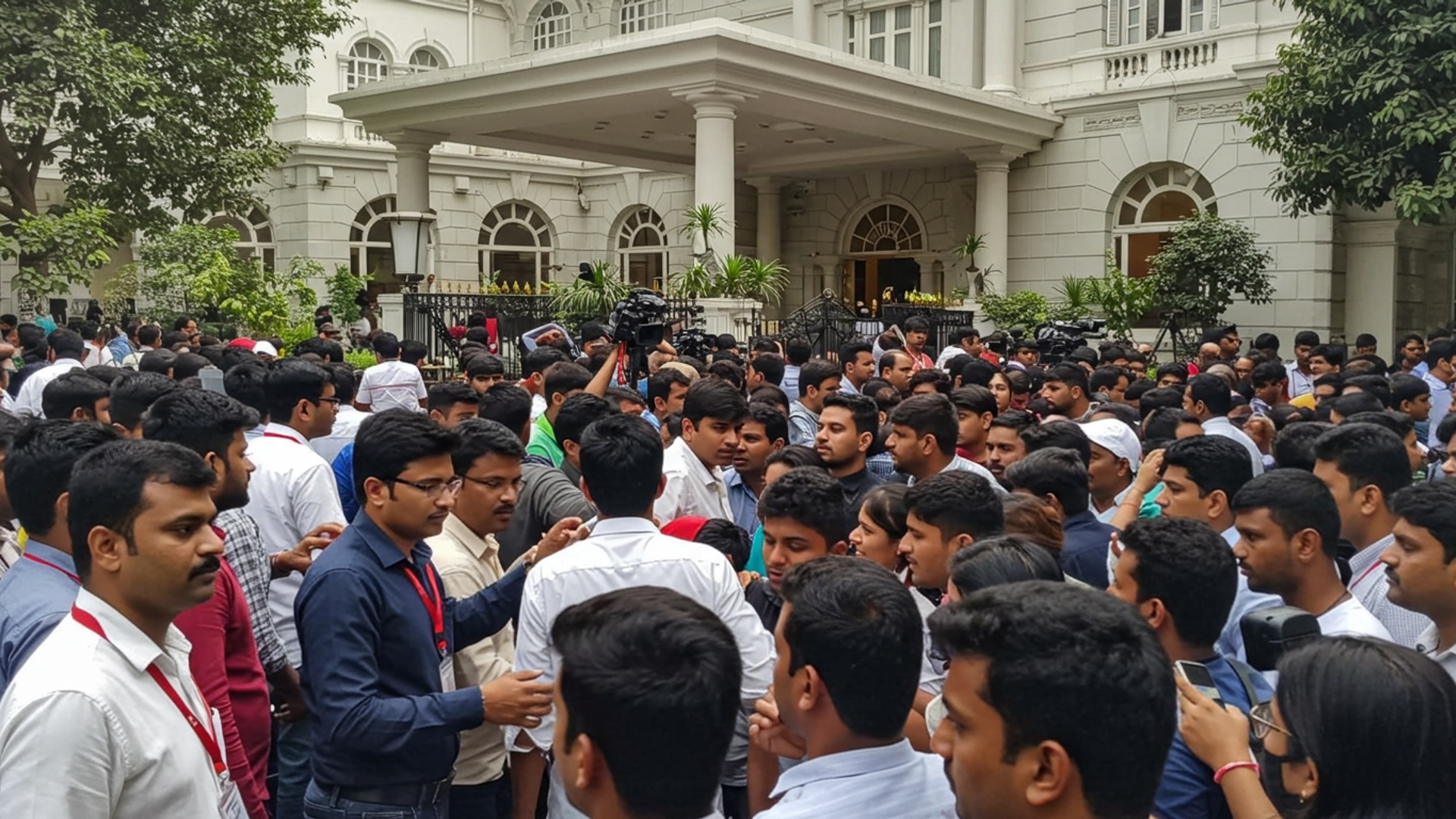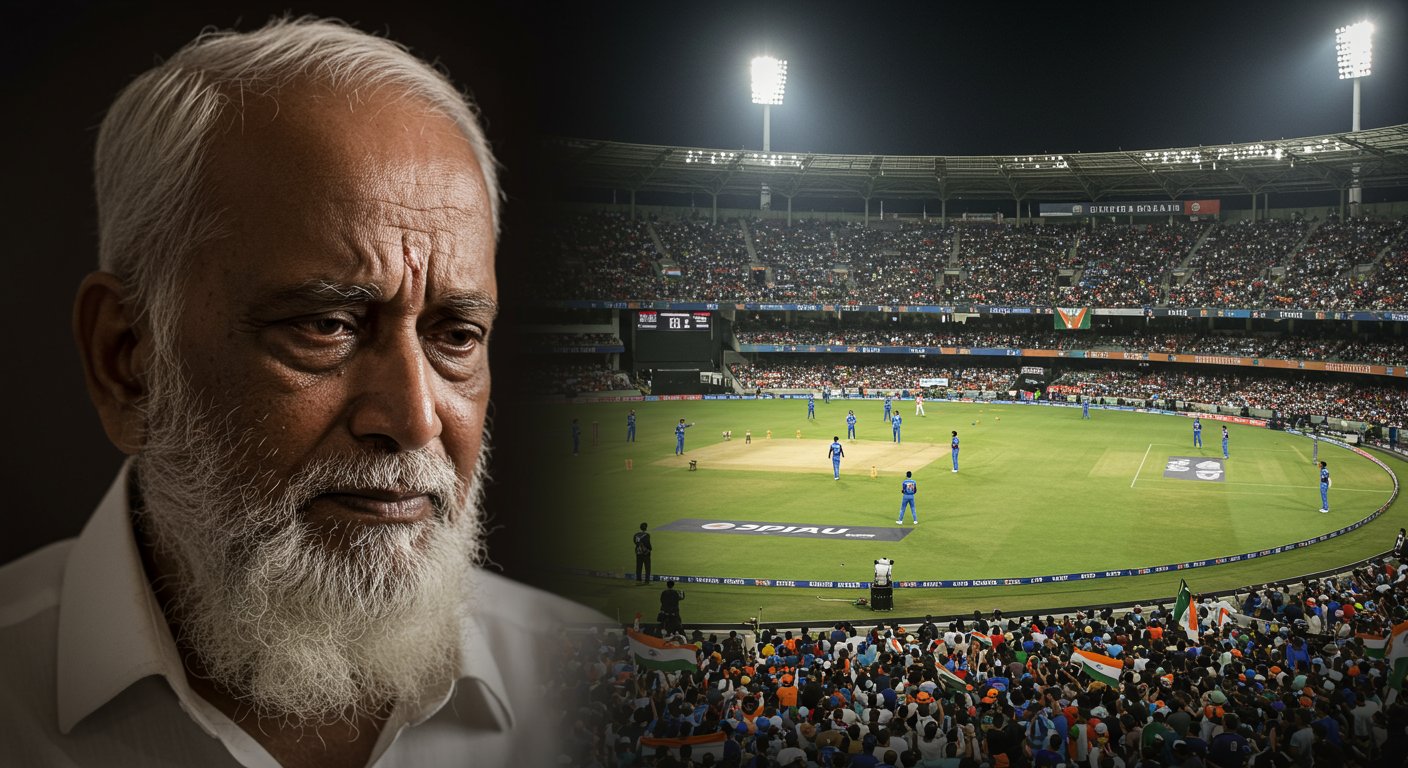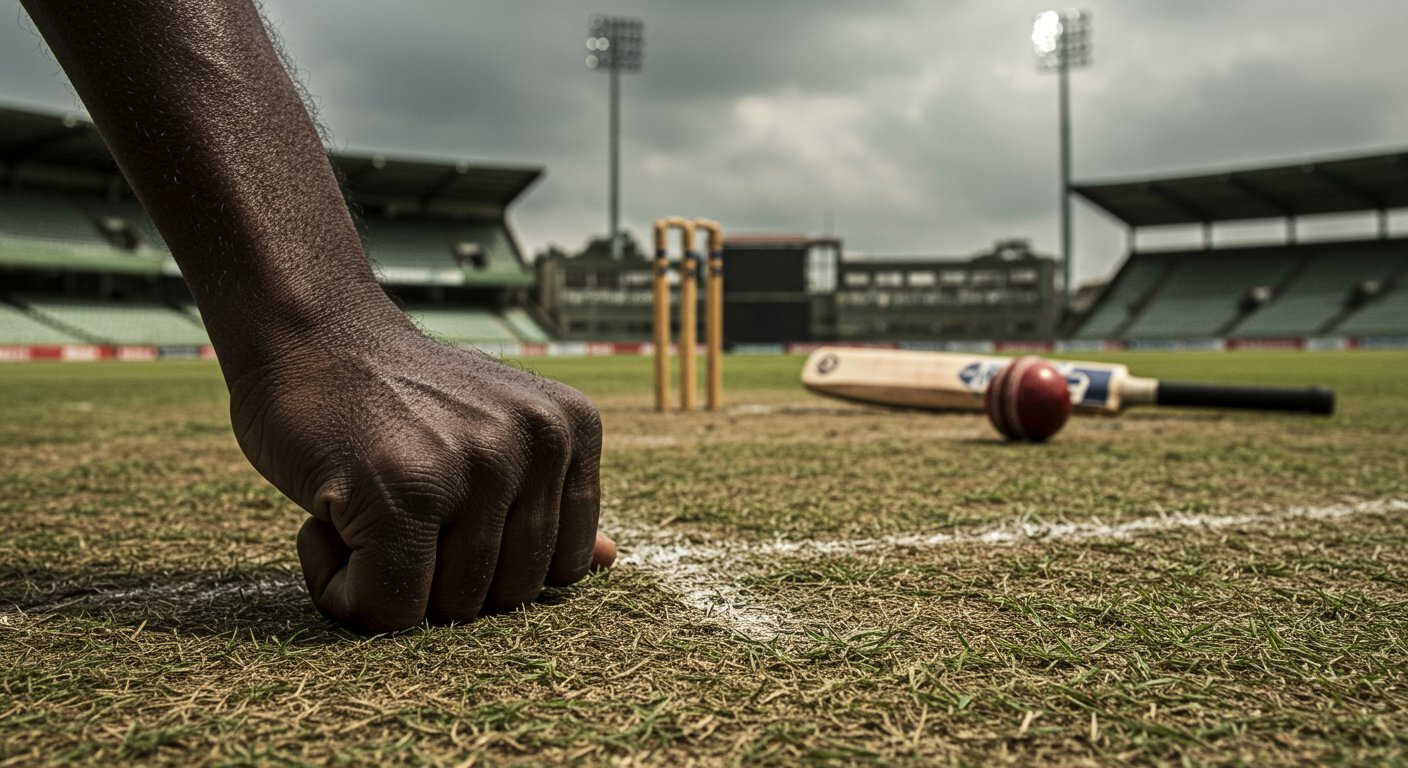Karnataka is now forcing a major plastic ban across all its temples, stopping the use of plastic bags and other items inside these holy sites. This big move comes as Bengaluru, the state capital, also faces “dry days,” stopping alcohol sales on specific days. These new rules show the government’s strong effort to handle growing environmental worries and water problems. The aim is to clean up public places and save precious water, especially with the hot weather making water levels drop quickly.
New Rules for Temples to End Plastic Use
The Karnataka government has put in place new rules to stop the use of plastic in all temples it manages. This ban started on August 15, 2025. The aim is to make these holy places cleaner and more responsible towards the environment. The rules apply to temples under the state’s Religious Endowment, also known as the Muzrai Department.
What the Plastic Ban Means
The new rules mean that all kinds of plastic items are now forbidden inside state-run temples. This includes plastic bags, plastic bottles. plastic wrapping used for religious offerings, ‘prasada’ (holy food). ‘kumkum’ (red powder). Revenue Minister and Muzrai Minister Ramalinga Reddy announced this step, saying it is meant to improve cleanliness. The ban covers over 34,000 temples across the state that are under the Muzrai Department. This move is part of a larger effort to cut down on plastic pollution in holy places and encourage practices that are good for the environment.
Making Sure Rules Are Followed
To make sure the plastic ban is followed, strict actions will be taken. Temple leaders have been told to take these new guidelines seriously. People caught using plastic inside temple areas will have to pay fines. In serious cases, legal action might even be taken against them. Officials have also been asked to make sure that the areas inside and outside the temples stay clean and free of plastic. The government is also setting up special units to handle waste in a scientific way. In the first step, 25 temples have been chosen to get these units for managing solid and liquid waste. But, these new rules do not apply to private temples, which are not under the state department.
Helping Temples Go Green
This effort by Karnataka is similar to steps taken in other parts of India to make religious sites plastic-free. For example, the Kashi Vishwanath Temple has also banned plastic. the Tirumala Tirupati Devasthanams (TTD) has been a leader in this, already using covers that break down naturally for its ‘Laddu Prasadam’ and stopping the use of plastic water bottles. To help temples follow the new rules, officials are encouraging the use of items that are better for the environment. These include cloth bags, steel cups. plates made from leaves. The government is also planning to install water purification plants (RO plants) at temples to reduce the need for plastic water bottles. These changes are expected to greatly reduce plastic waste and lead to more environmentally friendly ways of worship.
Bengaluru Faces Dry Days for Alcohol Sales
Meanwhile, Bengaluru will have two days where alcohol sales are not allowed. These “dry days” are on Thursday, August 15, for Independence Day. Friday, August 16, for Krishna Janmashtami. This means that no alcohol can be sold or served for 24 hours on each of these days.
Why Bengaluru Has Dry Days
The city’s officials have announced this ban on alcohol as a safety step. It is meant to help keep law and order during these national and religious celebrations. Many people are expected to gather in public places across the city. officials are increasing control to prevent any problems. The ban applies to all places that sell alcohol, including bars, pubs, restaurants, clubs. shops, without any exceptions. Independence Day is a day when alcohol sales are stopped across all of India. The dry day for Janmashtami is a common practice in Karnataka, even though it is not strictly enforced in many other states.
Understanding Bengaluru’s Water Issues
Bengaluru, often called India’s “Silicon Valley,” has faced serious water problems for a long time. This is due to many things like city growth that was not well-planned, not taking care of water bodies like lakes, less rainfall. underground water sources drying up. Many of the city’s water wells have gone dry; for example, 6,900 out of 13,900 public wells are now empty. While the main parts of the city get water from the Cauvery River, areas outside the main city depend on these wells and water supplied by tankers.
Steps Taken to Manage Water
The Bangalore Water Supply and Sewerage Board (BWSSB), the main water agency for Bengaluru, has taken various actions to deal with the water shortage. They have reduced water supply to some large users and have started fining people who use drinking water for things like washing cars or watering plants. The BWSSB has also made it a rule for big building projects and industries to use treated wastewater wherever possible. They are also working on ways to save water, such as promoting the use of water-saving devices like aerators and keeping a check on the use of underground water.
Ongoing Water Challenges
Despite these efforts, the city still faces a big gap between the water it needs and the water it gets. There is a shortage of about 500 million liters of water per day. A large number of lakes in Bengaluru have also dried up, with about 125 out of 800 lakes now empty. Some groups that work to protect lakes are worried about recent changes to laws that control how close buildings can be to lakes, fearing these changes could harm the environment. These ongoing water challenges highlight the need for careful planning and wise use of water in the city.
![]()
